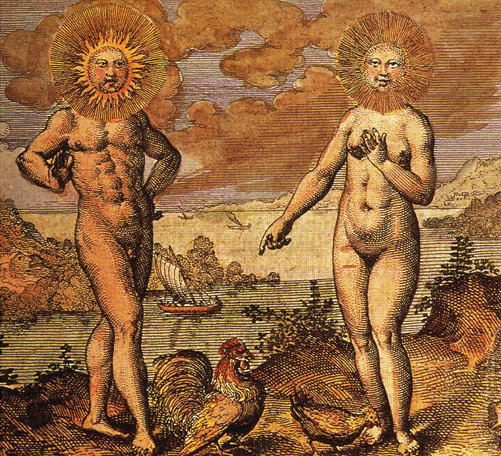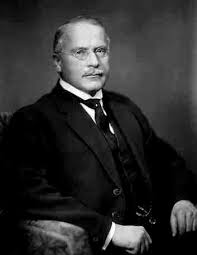The Inter-Regional Society of Jungian Analysts (IRSJA) was created in 1973 by a group of Jungian analysts whose desire was to bring C.G. Jung and analytic training to areas of the United States outside existing training programs in large metropolitan areas. Now, more than fifty years later, their original vision has grown into the largest Jungian Training Institute in North America, meeting not only the need to train future Jungian analysts, but to also provide an active professional community for analysts and training candidates across the North America. The IRSJA is unique in its geographic accessibility and diversity. Our training programs are located in regions across the United States and include analysts and candidates from Canada and Mexico. One of our essential and enduring purposes is to generate intellectual excitement and cultivate professional community. This is enhanced by the fact that we now have over 200 member analysts and a large body of training candidates. Our semi-annual conferences are dynamic forums for fellowship and learning, and are held in cities across the United States and Canada. Continuing education credits that meet licensure requirements are available to both analysts and candidate trainees.
We welcome inquiries from mental health professionals from all training backgrounds who are interested in Jungian training. We also welcome applications for membership from graduates of other accredited Jungian training programs.
We invite you to take a closer look! If your interest is in training to become an analyst, please visit our Analytic Training Program page by clicking here or on the Become An Analyst tab at the top of this page. If you are currently a Diplomate Jungian Analyst and are interested in learning more about us or joining our Society, please visit Membership for Applying Analysts.
If you are new to Jung and Jungian analysis, we invite you to learn more by visiting the Jungian Analysis page.
Thank you for your interest, and please let us know if you have any questions. Respective e-mail addresses and phone numbers for persons to contact are included in the Analytic Training Program and Membership for Applying Analysts pages of our site.




